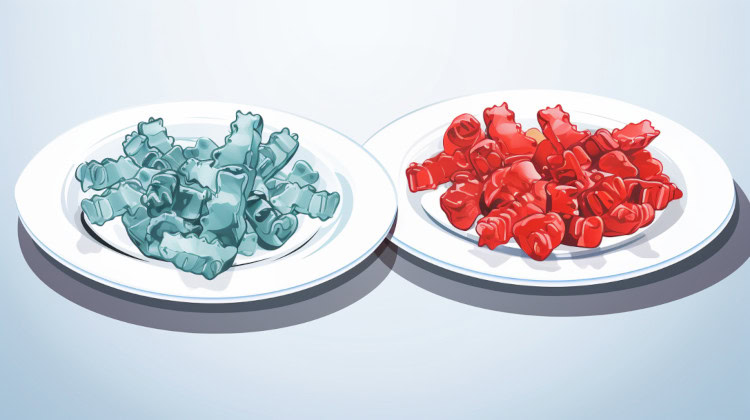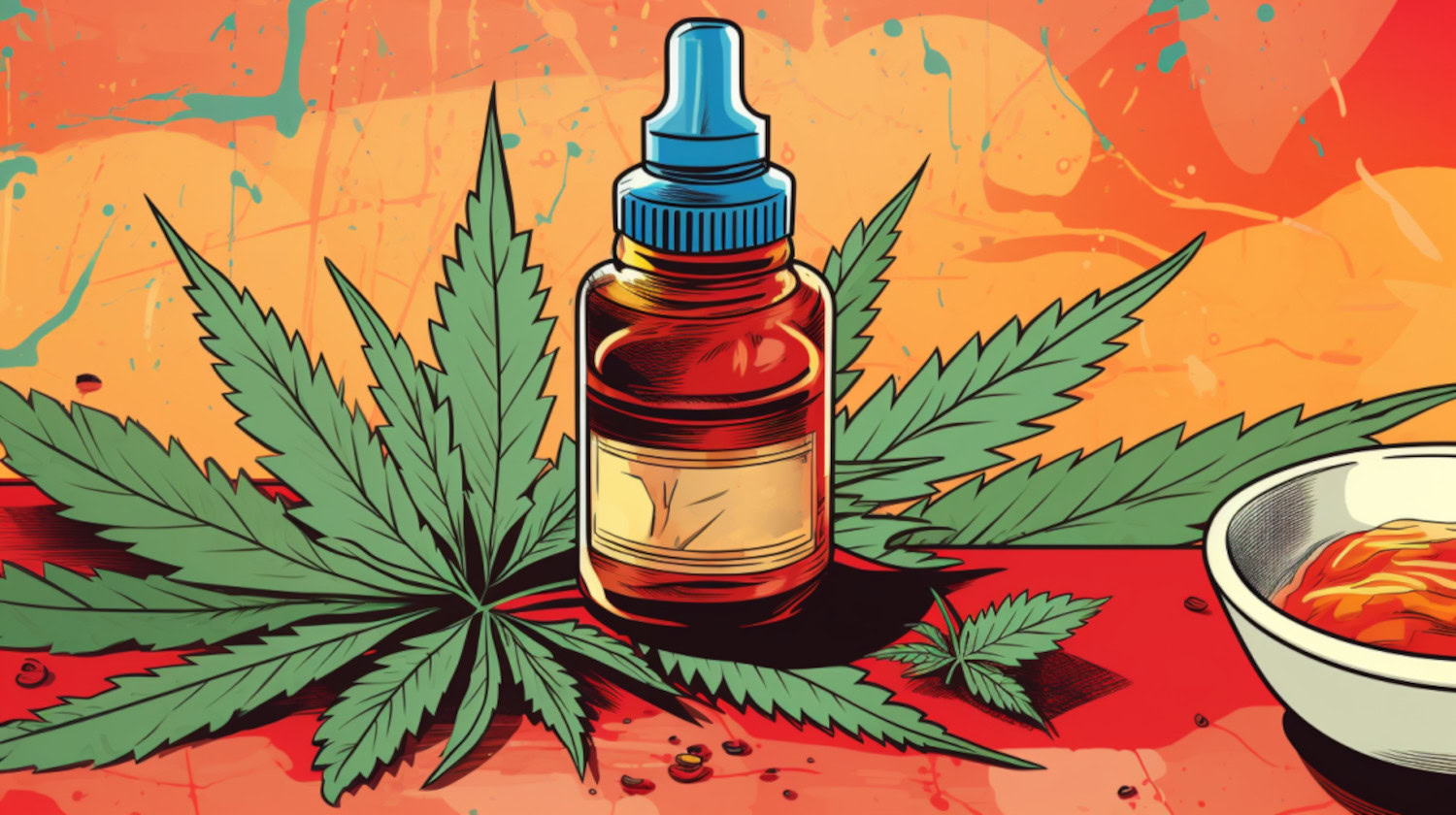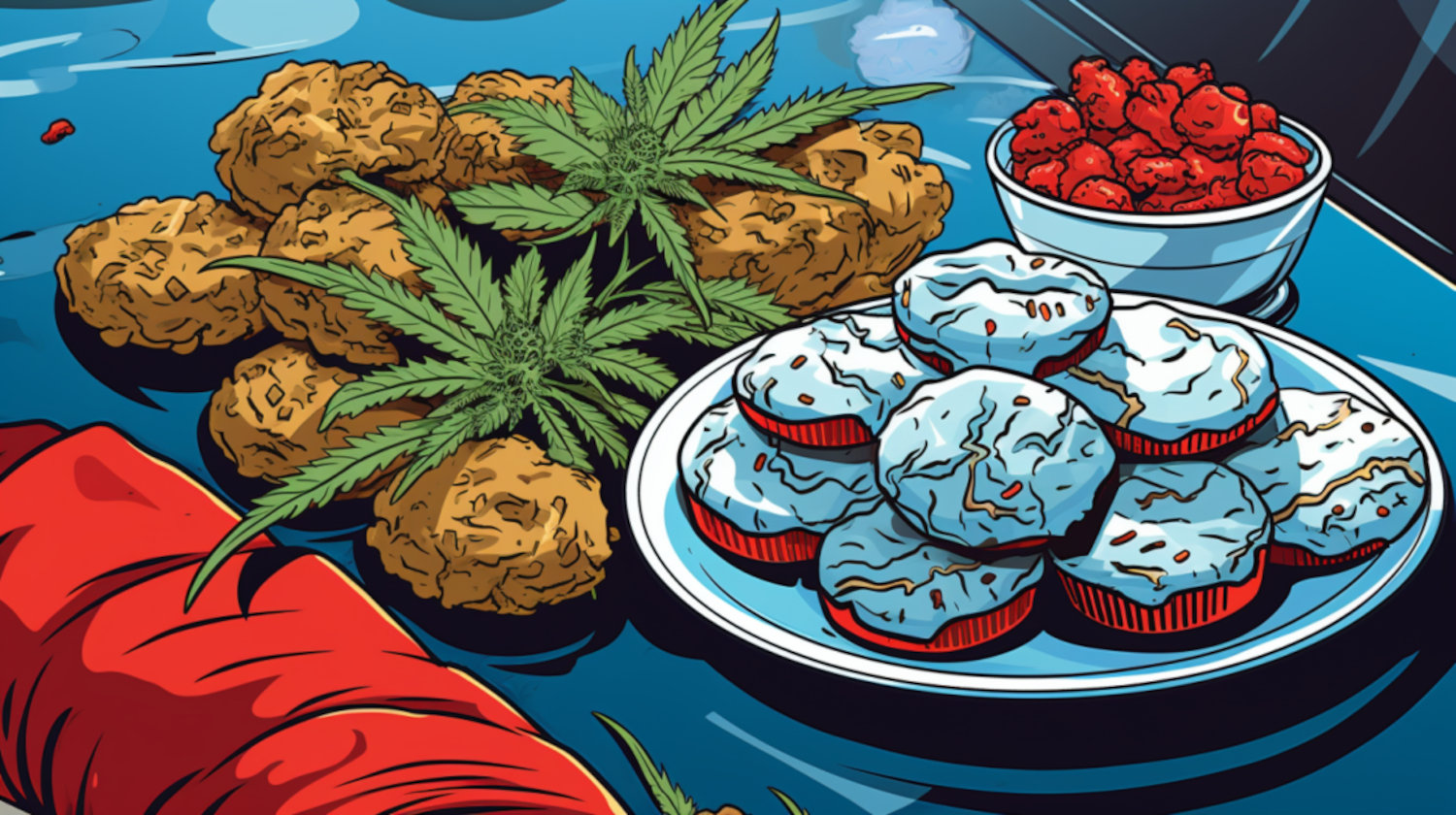Millions of Americans use cannabidiol (CBD) each day. The widespread popularity of CBD stems from its wide range of uses and potential benefits. From being used as a treatment for epilepsy and relieving physical pain to mental afflictions, including anxiety, CBD is regarded as a possible option for a multitude of symptoms and conditions.
Given the CBD boom, plenty of people want to know: Can you drive on CBD?
CBD is legal in America thanks to the passage of the 2018 Farm Bill. But, like numerous other legal drugs and alcohol, driving under the influence of cannabis is an offense that could land you in prison or with significant fines. But what about CBD? As part of the cannabis plant, one may assume that CBD is in the crosshairs of law enforcement like its more popular cannabinoid, THC. But is the non-intoxicating CBD a concern?
To get the answers, NuggMD spoke with Al Arena of the Arena Law Group in San Diego, California. Arena is an attorney with over 38 years of experience in a wide range of criminal cases, from DUIs and drug offenses to violent crimes and white-collar matters. The team at Arena Law Group is dedicated to providing relentless advocacy and unwavering support for each client.
Can you legally drive on CBD?
You aren't likely to run into any DUI concerns if you're caught driving after consuming CBD. The cannabinoid is not considered a federally controlled substance as long as it contains 0.3% or less THC.
"The police are not looking to test for CBD; they are concerned about THC, which is what they will test for if you get pulled over under suspicion of a DUI," said Arena. Unlike THC, CBD does not cause intoxicating effects, creating a "high."
Agencies in states like Colorado say that driving while on CBD is safe. However, newcomers should first try CBD in a controlled environment in case any intoxication or other adverse outcomes arise.

Can CBD impair driving ability?
When consuming THC, people experience intoxicating effects that can alter a variety of our cognitive functions. You aren't likely to experience a similar reaction with CBD unless you ingest a massive amount over a relatively short period and it has been contaminated with higher levels of THC.
Research suggests that CBD in doses up to 1500 milligrams does not cause noticeable intoxicating results. These findings concluded that CBD is unlikely to cause impairment of a driver's cognitive functions or overall driving ability.1,2
Arena further clarified the matter, saying, "Unless you have a negative reaction or take too much, it is unlikely for CBD to impair driving ability."
Which states allow driving with CBD? Which states issue a DUI for driving with CBD?
The US has a fragmented approach to legalization. THC remains federally illegal, while CBD and other hemp-derived cannabinoids are legal.
No matter the cannabinoid, states set their own laws. Thirty-eight states and the District of Columbia have legalized THC for medical or recreational purposes. All 50 states allow CBD to be sold in some form or another. However, some states, like Idaho and Nebraska, continue to have strict rules in place, which stipulate CBD products be zero-percent THC or limit consumption options. Be sure to check the state's laws before buying or using CBD.
When it comes to driving under the influence of CBD, states seemingly aren't too concerned as long as a person isn't displaying signs of intoxication. Large doses of CBD may cause drowsiness.3 So, too, could trace amounts of THC found in full-spectrum CBD that uses all of the plant's profile in its oil.4 Still, the risk appears to be minimal.
"There aren't any states that ban the use of CBD before driving or even while driving unless it is a distraction," said Arena. However, he did caution, "Depending on the state you're in, you can get a DUI for having a certain level of THC in your system and showing signs of impairment." No breathalyzer-type devices are currently in use, but some law enforcement will test for active THC in a person's system.

Can you drive after taking CBD gummy?
It should be okay to drive after taking a CBD gummy. However, be aware of the dosage. In the rare chance you consume a higher-dosed CBD edible, there is a chance of experiencing effects such as drowsiness. This slim but possible chance could also arise due to edibles containing more substantial effects after being processed through the digestive system and metabolized in the liver.5
Edibles are accurately dosed more often than they used to be, but still run a risk. Experts like Arena advise waiting until you feel the CBD gummy’s effects to decide if driving is okay. This advice is highly suggested for inexperienced consumers.
"It may be best to see how you react at home and avoid driving if you are trying CBD gummies for the first time," he said.
What does the law say about CBD oil and driving?
Can CBD oil hamper driving ability?
“There are no laws on the books barring the use of CBD oil before driving," Arena says. "However, it is best to be cautious when taking higher doses that could lead to drowsiness or other negative effects.”

How can you drive on CBD safely?
Driving safely under the influence of CBD requires a firm understanding of the law and your body. It's always crucial that you are aware of your rights. Understanding the law surrounding cannabis, CBD, and driving includes knowing the rules on the federal, state, and possibly local laws.
Understanding how your body reacts to CBD and various doses is equally important. It's wise first to explore CBD dosing at home or in a safe environment where heavy machinery isn't in use. Only consider driving while on CBD once you know your ideal dose.
"New users should avoid driving after taking their first doses of CBD to see how they react and avoid any accidental impairment from potential THC contamination," said Arena, noting that consumers should also be aware of the product's formulation.
While it is unlikely that small amounts of THC will cause intoxication, consumers should be confident that it won't before getting behind the wheel. Buying CBD or other cannabis products from unlicensed, unregulated sources runs the risk of buying inaccurately labeled products. This problem can be mitigated by shopping from licensed, lab-tested brands.
References
- McCartney D, Suraev AS, Doohan PT, et al. Effects of cannabidiol on simulated driving and cognitive performance: A dose-ranging randomized controlled trial. J Psychopharmacol. 2022;36(12):1338-1349. doi:10.1177/02698811221095356 ↩︎
- Arkell TR, Vinckenbosch F, Kevin RC, Theunissen EL, McGregor IS, Ramaekers JG. Effect of Cannabidiol and Δ9-Tetrahydrocannabinol on Driving Performance: A Randomized Clinical Trial. JAMA. 2020;324(21):2177-2186. doi:10.1001/jama.2020.21218 ↩︎
- Millar SA, Maguire RF, Yates AS, O’Sullivan SE. Towards Better Delivery of Cannabidiol (CBD). Pharmaceuticals. 2020;13(9):219. https://doi.org/10.3390/ph13090219 ↩︎
- Cather JC, Cather JC. Cannabidiol primer for healthcare professionals. Proc (Bayl Univ Med Cent). 2020;33(3):376-379. Published 2020 Jul 6. doi:10.1080/08998280.2020.1775437 ↩︎
- Barrus DG, Capogrossi KL, Cates SC, et al. Tasty THC: Promises and Challenges of Cannabis Edibles. Methods Rep RTI Press. 2016;2016:10.3768/rtipress.2016.op.0035.1611. doi:10.3768/rtipress.2016.op.0035.1611 ↩︎
The information in this article and any included images or charts are for educational purposes only. This information is neither a substitute for, nor does it replace, professional legal advice or medical advice, diagnosis, or treatment. If you have any concerns or questions about laws, regulations, or your health, you should always consult with an attorney, physician or other licensed professional.




